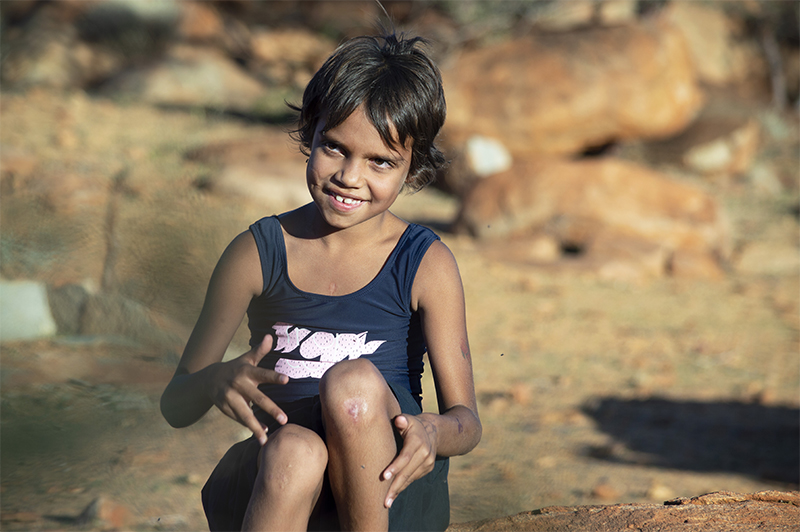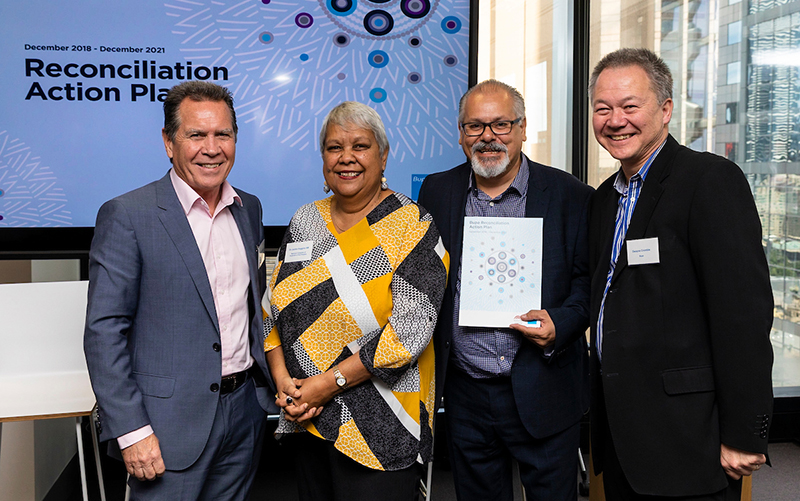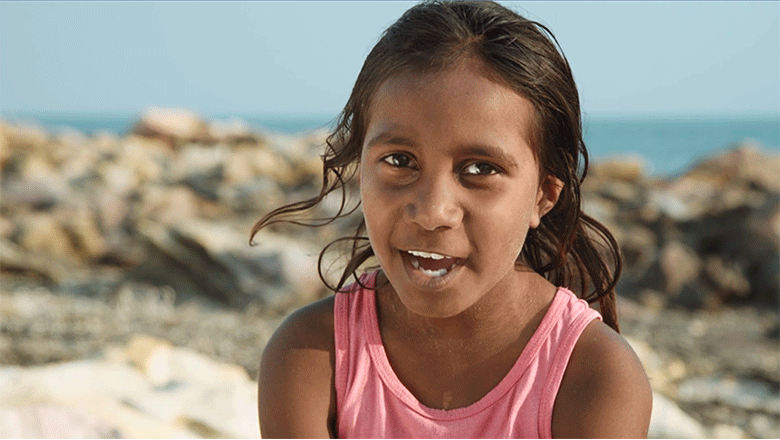Search

News & Events
Endgame for deadly heart disease will save hundreds of livesRheumatic heart disease, a deadly yet entirely preventable heart disease taking the lives of Aboriginal and Torres Strait Islander people, is finally on the verge of elimination thanks to new research

News & Events
For kids, by kids: New “Boom Boom” song teaches children how to prevent deadly heart diseaseOnce you hear it, you won’t be able to get it out of your head – and that’s exactly the point of the new song ‘Boom Boom’.

News & Events
Urgent action needed to stop 500 preventable deathsA new report predicts rheumatic heart disease (RHD) will lead to over 500 preventable deaths and cost the Australian health system $317 million by 2031 if no further action to tackle the disease is taken.

News & Events
Bupa pledges half a million dollars to end rheumatic heart diseaseResearchers will extend a unique community-led project to end rheumatic heart disease in Aboriginal communities, thanks to nearly half a million dollars in funding from Bupa.

News & Events
RHD a notifiable conditionWestern Australian doctors are now required by law to report all cases of rheumatic heart disease.
Research
Rheumatic heart disease in Timor-Leste school students: an echocardiography-based prevalence studyThe rates of RHD in Timor-Leste are among the highest in the world, and prevalence is higher among girls than boys

News & Events
Researchers share their expertise with the community in CockburnResearchers from the Wesfarmers Centre of Vaccines and Infectious Diseases at The Kids Research Institute Australia have shared their expertise with the community in Cockburn, covering topics ranging from respiratory disease in babies to recurring ear infections in kids.

News & Events
Warm Welcome for the Neonatal Infection and Immunity TeamClinical Professor Tobias Strunk, Dr Andrew Currie and their Neonatal Infection and Immunity Team have become the newest members of the Wesfarmers Centre of Vaccines and Infectious Diseases.
Research
Outcomes of latent rheumatic heart disease: External validation of a simplified score in patients with and without secondary prophylaxisSecondary antibiotic prophylaxis reduces progression of latent rheumatic heart disease (RHD) but not all children benefit. Improved risk stratification could refine recommendations following positive screening. We aimed to evaluate the performance of a previously developed echocardiographic risk score to predict mid-term outcomes among children with latent RHD.
Research
Left ventricular remodelling in rheumatic heart disease – trends over time and implications for follow-up in childhoodRheumatic heart disease (RHD) is the most common form of acquired heart disease worldwide. In RHD, volume loading from mitral regurgitation leads to left ventricular (LV) dilatation, increased wall stress, and ultimately LV dysfunction. Improved understanding of LV dynamics may contribute to refined timing of intervention.
